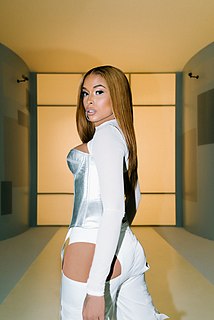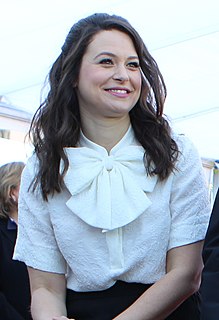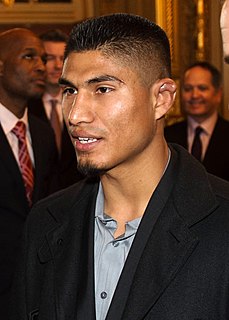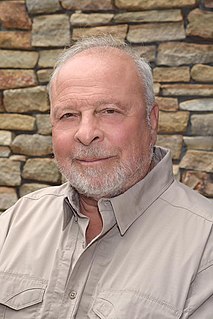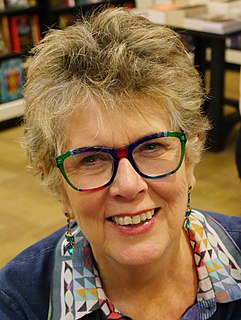A Quote by Joni Mitchell
My husband had an education. He had a degree in Literature. I married into a camp of literary types.
Quote Topics
Related Quotes
I didn't major in anthropology in college, but I do feel I had an education in different cultures very early on. My parents divorced when I was eleven, and my father immediately married a woman with three children and was with her for five years. When they got divorced, he immediately married a woman with four children. In the meantime, my mother married a man who had seven children. So I was going from one family to another between the ages of eleven and eighteen.
Judge and prosecutor had hammered it home that Lady Chatterly was an immoral woman, that she had had sexual relations before marriage, that she had committed adultery under her husband's roof; as if these charges somehow disqualified her from participation in serious literature. Indeed, there were long periods of the trial during which an outsider might well have assumed that a divorce case was being heard.
If I had a staff of even one person, or could tolerate a small amphetamine habit, or entertain the possibility of weekly blood transfusions, or had been married to Vera Nabokov, or had a housespouse of even minimal abilities, a literary life would be easier to bring about. (In my mind I see all your male readers rolling their eyes. But your female ones - what is that? Are they nodding in agreement? Are their fists in the air?)

